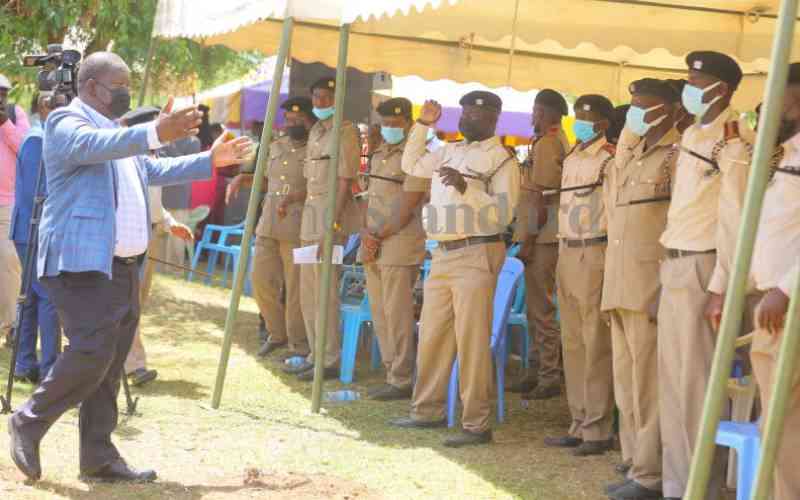×
The Standard e-Paper
Stay Informed, Even Offline

Nearly 12 years after adopting a devolved system of governance, a ghost of the past in form of the Provincial Administration (PA) sits on the path to the complete actualisation of devolution.
Historically, the colonial and post-colonial era governments had the provincial administration system to maintain order, prevent crime, health and environmental protection among other duties the Head of State deemed fit.